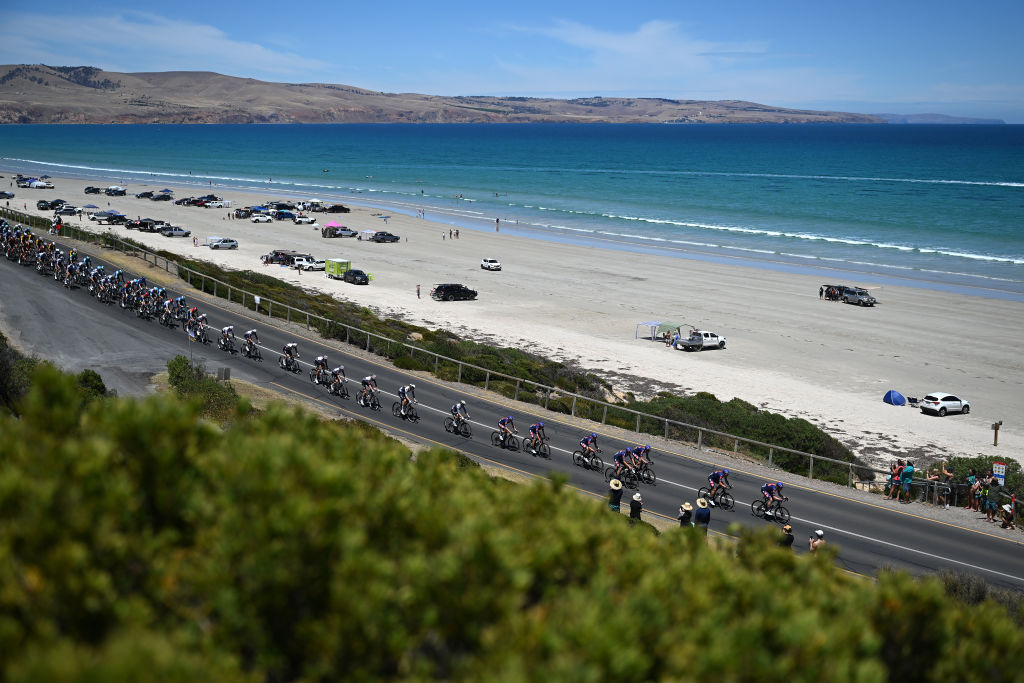Cycling still leading anti-doping fight
Despite negative headlines emerging from cycling's fight against doping, comments by World...
Despite negative headlines emerging from cycling's fight against doping, comments by World Anti-Doping Agency chief John Fahey indicate that the sport still leads efforts in this area. Fahey addressed the organisation's fourth media symposium and called for greater use of the Biological Passport and athletes' whereabouts forms. The latter tool in particular is used extensively in cycling, indicating that the sport is at the forefront of trying to stop illegal performance enhancement.
"Under WADA's leadership, the traditional anti-doping model has evolved from a strategy focusing only on the athlete and relying mainly on testing, research and education, to a new kind of model incorporating also the athlete's entourage and the upstream elements of doping," said Fahey. "We need to continue to implement innovations through new types of cooperation, new strategies and ideas borrowed from other fields."
The case of Michael Rasmussen during the 2007 Tour de France is an example of cycling's willingness to use the available tools to combat cheats in sport. The athletes' whereabouts regulations were used to discover ambiguities surrounding the Dane's training and preparation before the Tour had even begun. It's these regulations that are now being instituted in other sports, and athletes are not happy about it.
In Belgium, 65 athletes have initiated legal proceedings against the whereabouts system, basing their case on the European Convention on Human Rights. Professional cyclists have had to deal with these whereabouts stipulations for years, and despite not liking them, most deal with them as a necessary part of the job description.
Fahey also referred to the work done by WADA to enlist the assistance of pharmaceutical companies and Interpol to help detect new performance-enhancing methods and prevent the trafficking of them respectively. Cycling has again been at the forefront of utilising these methods, with the detection of CERA - a new generation of EPO - in the blood of Stefan Schumacher, Riccardo Riccò, Bernhard Kohl and Leonardo Piepoli during last year's Tour. Additionally, for some time, anti-narcotics bureaus of national police forces have monitored the sport for trafficking of substances to be used in athletes.
One area where cycling has lagged somewhat is the implementation of the Biological Passport. Touted as the next big step in combating illegal substance use, politicking between WADA, the UCI, and race organisers has caused a deterioration in relations between these parties in recent years. Consequently, the co-operation needed to institute an Athlete Passport programme has suffered.
Fahey remains upbeat about its use in all sports however. "Potentially, the Athlete Passport developed under WADA's leadership could represent one of the most significant advances in the global fight against doping in sport in the coming months and years," he said.
The latest race content, interviews, features, reviews and expert buying guides, direct to your inbox!
